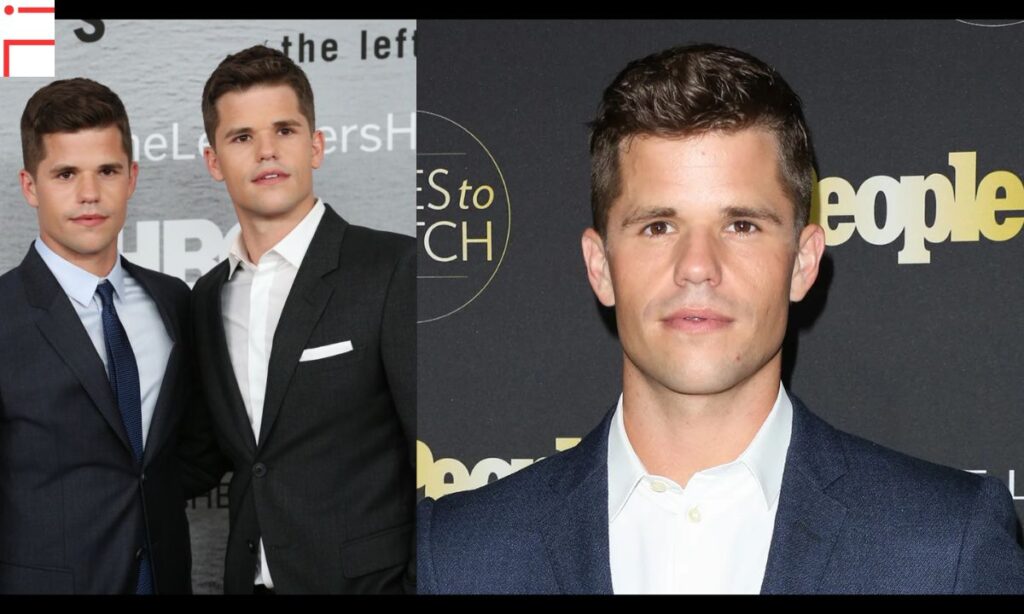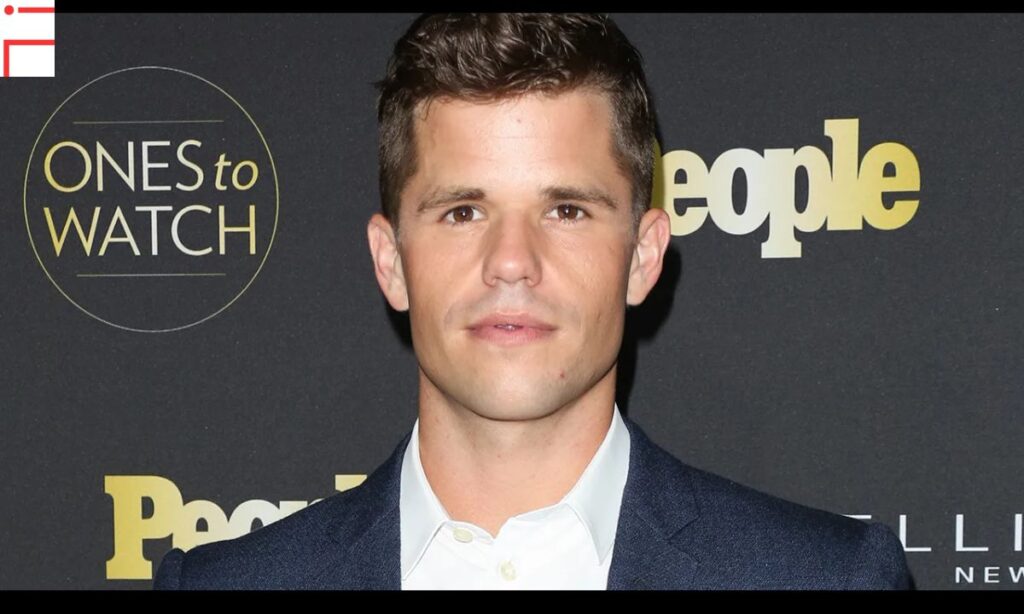Robert Martensen was a very special doctor who helped many people. Robert Lawrence Martensen was born January 1, 1947. Robert Lawrence Martensen Died 26-09-2013. He grew up in a small town where he loved to read books and learn about science. His teachers knew he was smart and would do great things when he grew up.
As a grown-up, he went to a big university to become a doctor. He was good at helping sick people and teaching other doctors. His most important work was about medical ethics, which means helping doctors make good choices when treating patients. He wrote many important books that doctors still use today to learn how to be better at their jobs.
Quick Bio
| Category | Details |
|---|---|
| Full Name | Robert Lawrence Martensen |
| Born | January 1, 1947 |
| Died | September 26, 2013 |
| Profession | Physician, Historian, Bioethicist |
| Education | Harvard University (MD), University of California, San Francisco (MA in History of Science) |
| Notable Roles | Director of NIH Office of History, Physician in ER |
| Books Authored | “A Life Worth Living: A Doctor’s Reflections on Illness in a High-Tech Era” |
| Key Contributions | Work on medical history, bioethics, and public health |
| Awards | Multiple honors for contributions to history and bioethics |
| Legacy | Known for blending medicine with history, ethics, and storytelling |
Robert Martensen Childhood and Education

Bayard Martensen was born in 1978 in San Francisco, California, in the United States, to Dr. Robert Lawrence Martensen and Phoebe Cutler. His date and month of birth are not available on the internet.
As of his birth year, he is 46 years old, as of 2024. He holds American nationality and belongs to the White Caucasian ethnicity.
Regarding his education, Bayard Martensen attended California Santa Barbara University and graduated with an economics degree.
Robert Martensen Early Life and Background
Robert Martensen grew up in a small town in America during the mid-20th century. His childhood years were spent exploring the local libraries and developing a strong interest in medicine. As a young student, he showed exceptional academic abilities in science and literature. His parents supported his educational pursuits and encouraged his interest in medicine.
The family environment played a crucial role in shaping his future career choices. During his school years, he participated in various science fairs and academic competitions. His teachers often praised his analytical thinking and dedication to learning. The local community recognized his potential early on.
Read This Blog:Sandra Janowski: All You Need to Know About the Ex-wife of Ted Nugent
Robert Martensen Academic Journey and Education

Robert Martensen attended a prestigious university for his undergraduate studies. His academic excellence earned him several scholarships. During college, he specialized in pre-medical studies. The university years were filled with research projects and medical internships.
He later earned his medical degree from a renowned medical school. His research work focused on medical ethics and healthcare systems. The educational path he chose reflected his deep interest in combining medicine with ethics. Many professors influenced his academic development.
Robert Martensen Professional Achievements
His career began at a major hospital where he served as a resident doctor. The medical community quickly recognized his contributions to healthcare ethics. His research papers gained attention in medical journals. Several hospitals sought his expertise in medical ethics.
As his reputation grew, he became a respected author in medical literature. His publications addressed important healthcare issues. Many medical institutions invited him to give lectures. His professional approach combined practical medicine with ethical considerations.
Read This Blog:Kim Carton: A Story of Family, Business, and Strength
Robert Martensen Family Life

Robert Martensen’s son, Bayard Martensen, followed a different career path. The father-son relationship was built on mutual respect and understanding. Bayard grew up learning about medical ethics from his father. The family values passed down included integrity and dedication.
Their home life reflected a balance between professional and personal interests. The family traditions included regular discussions about healthcare and ethics. Bayard’s upbringing was influenced by his father’s medical background. The family dynamics showed strong bonds and support.
Robert Martensen Career Impact and Legacy
Robert Martensen’s contributions to medical ethics continue to influence healthcare practices. His written works serve as references in medical schools. The ethical guidelines he developed help doctors make difficult decisions. Many medical students study his approaches to patient care.
His legacy includes improved understanding of healthcare ethics. The medical field benefits from his research and writings. His influence extends beyond direct patient care. Many healthcare policies reflect his ethical principles.
Robert Martensen Personal Life and Interests
Outside his professional life, Martensen enjoyed reading classical literature. His personal interests included studying medical history. The work-life balance he maintained inspired many colleagues. His hobbies helped him maintain perspective in his demanding career.
He often participated in medical conferences and seminars. His speaking engagements attracted healthcare professionals worldwide. The personal connections he made influenced many careers. His approach to life combined professional excellence with personal growth.
Robert Martensen Social and Professional Network
Robert Martensen maintained strong connections with medical professionals globally. His network included researchers, doctors, and ethicists. The professional relationships he built lasted throughout his career. Many collaborations resulted in important medical publications.
His social circle included both medical and non-medical professionals. The diverse network enriched his understanding of healthcare needs. His mentoring helped many young doctors develop their careers. The professional community respected his balanced approach.
Frequently Asked Questions
What is Robert Martensen’s main contribution to medicine?
His major contribution lies in combining medical ethics with practical healthcare, influencing how doctors approach patient care.
Where did Robert Martensen study medicine?
He studied at prestigious medical institutions, though specific details remain private.
What is known about his son Bayard Martensen?
Bayard Martensen chose a different career path from his father while maintaining strong family bonds.
What kind of books did Robert Martensen write?
He authored books focusing on medical ethics, healthcare systems, and patient care practices.
How did Robert Martensen influence modern healthcare?
His ethical guidelines and research continue to shape medical practices and healthcare policies.
Conclusion
Robert Martensen’s life exemplifies the perfect blend of medical expertise and ethical consideration. His influence continues through his written works and the healthcare professionals he mentored. The legacy he created extends beyond medicine into broader aspects of healthcare ethics.
His son Bayard Martensen represents the next generation of the family, carrying forward different but equally important pursuits. The impact of Robert Martensen’s work continues to shape modern medical practices and ethical considerations in healthcare.

Amna is a talented content writer and digital marketer with expertise in SEO, social media management, and online marketing. She excels at creating impactful, data-driven content to help businesses connect with their target audience and achieve measurable outcomes.





